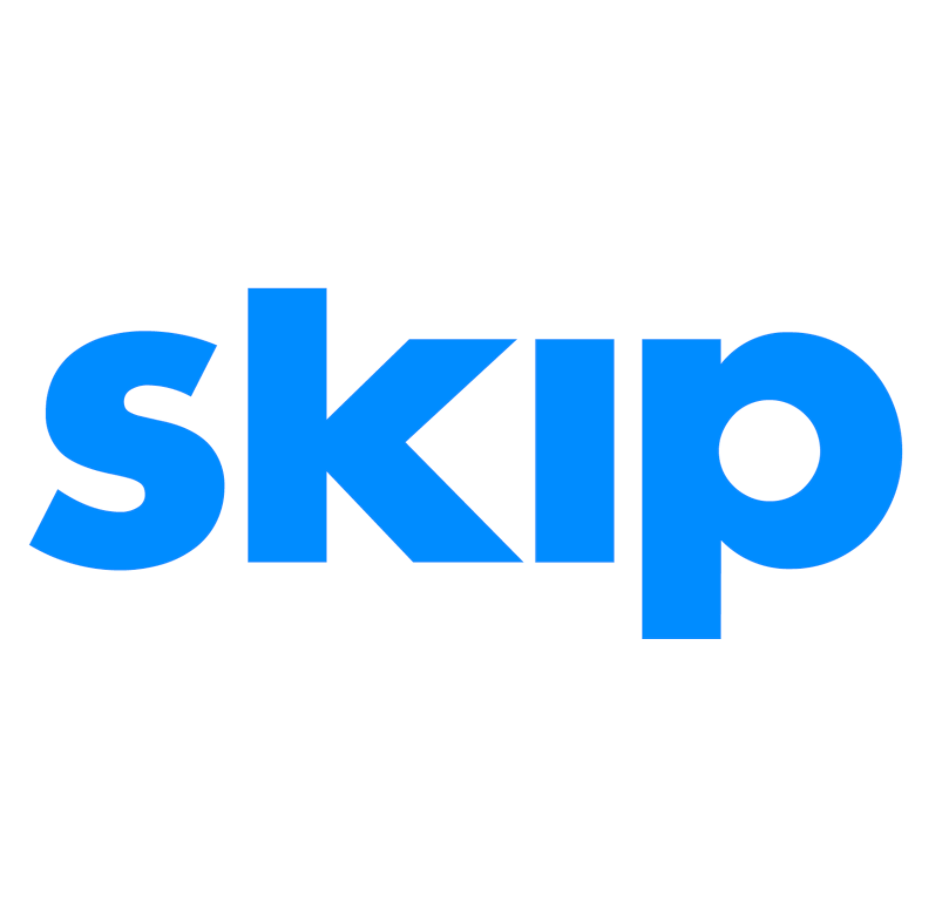If you’re thinking about starting a business or you’re ready to grow the one you’ve got, you may need to seek a small business loan. Loan requirements may differ by industry, lender, or even from state to state. In this article, we’ve simplified the process with these six steps for getting your loan requirements in order.
1. Determine Your Need for a Small Business Loan
If you’re borrowing money, you should know exactly why you need it, what for, and when. You should be able to definitively summarize why you need the funds before you begin the process. A lending institution will ask the same.
Here are some common reasons for seeking a small business loan:
- Starting a new business
- Growing an existing business
- Managing expenses and debt
- Emergency needs
2. Determine if You Qualify for a Small Business Loan
The requirements for obtaining a business loan for startups and established businesses differ based on a variety of factors, however, before seeking funding you’ll need to know if you meet the basic requirements.
Lenders evaluate the following factors when determining whether your business qualifies for a small business loan:
- Credit History. One of the biggest factors affecting your loan eligibility is your credit score - both personal and business if you’re an established company. You’ll need a credit score above 600 to qualify for most loans — with reasonable terms.
A bad credit score does not entirely preclude you from obtaining financing. Alternatives like SBA Microloans and lines of credit are available to help you secure financing for your business. - Cash Flow. Lenders review your cash flow as another determining factor, and whether your business is generating enough cash to cover monthly expenses and other debt obligations. They’ll also want to see if your revenues have increased or decreased, over time.
If you don’t have revenue on the books yet, consider looking into SBA microloans, short-term business loans, or alternatives like equipment financing. - Collateral. Many lenders require some form of collateral to secure a business loan. You can use cash, negotiable instruments, or a personal guarantee.
3. Determine How Much You Need to Borrow and Can Afford to Repay
How much money does it cost to start a business? Sorry, we can’t answer that question, but you can begin to get a rough estimate by listing all your expenses including the cost of insurance, equipment, leasing, licenses, and permits (if required).
This is also the time to consider what your business can actually afford. You can determine how much you can afford to repay by evaluating your monthly cash flow and/or projections to determine what comfortable repayment terms would be.
A general rule of thumb is to earn 1.25% more each month than your total expenses, e.g. if your business's income generates $10K per month, and your monthly expenses are $7K, you should be able to repay a loan payment of $1K. Your income is 125% times more than your expenses.
4. Understand What Kind of Business Loans are Available
A business loan falls under the category of debt financing (as opposed to equity financing), where repayment terms vary depending on the loan type, length of time in business, and creditworthiness. The most common types of business loans are:
- Term Loans
- SBA Loans
- Small Business Lines of Credit
- Secured Loans
- Unsecured Loans
- Merchant Cash Advances
- Microloans
Term Loans
Term loans (like SBA Loans) are designed to address a business’s longer-term needs and can be used for research and development, facility upgrades, and other business expenses.
A term loan is received in one lump sum. You may be asked to provide a form of collateral and make regular recurring payments on principal and interest, just like a home mortgage. Best for:
- Businesses with an immediate growth or investment opportunity
- Businesses who need to consolidate debt for better terms
SBA Loans
An SBA loan more of a partnership with lenders by way of a government-backed loan guarantee. With an SBA loan, lenders are guaranteed up to 90% repayment if a small business defaults. In this way, the SBA incentivizes lenders to offer greater access to capital, at lower interest rates, and with better repayments terms. Best for:
- Businesses struggling with cash flow, or who need debt consolidation
- New businesses who have not established a business credit history
The maximum amount of an SBA Loans is currently $5.5M. To apply for an SBA Loan, your business must meet the following criteria:
- Be a for-profit business
- Have fewer than 500 employees
- Generate less than $7.5M in annual revenues
- Be an eligible industry
- Create jobs, or uphold SBA policies
- Demonstrate a need for the loan
Small Business Lines of Credit
A small business line of credit is a short-term loan designed to help meet the immediate needs of a business’s day-to-day operations, like covering payroll and rent, and provides periodic access to a set amount of capital. A small business line of credit allows you to re-borrow any repaid portion up to your credit limit, and until the draw period concludes.
With a small business line of credit, a lender determines how much capital they’ll extend and sets the draw period, e.g., a timeline for access to cash and repayment schedule.
BlueVine and Fundbox are two online lenders that offer competitive lines of credit options. Like a credit card— with better terms, you only pay interest on borrowed money. Best for:
- Covering cash flow gaps
- Emergency cushion
Secured Loans
A secured loan is backed by a form of collateral, or a business loan down payment such as property, a vehicle, or business-related equipment.
Although secured loans provide access to more capital, they have their downsides too. Should you become in arrears in your loan payments, a lender can place liens on your collateral until the debt is repaid or the loan is made current. Best for:
- Long-term planning
- Equipment purchases
Unsecured Loans
If you don’t have collateral, or you’re looking for less risk and liability, AND you have good credit, an unsecured loan might be the right option. Lenders base their decision almost entirely upon personal and business creditworthiness.
However, expect higher interest rates, shorter pay-off terms, and less funding than a secured loan. Best for:
- If you have no collateral
Merchant Cash Advance (MCA)
A merchant cash advance is paid in a lump sum to use for whatever your business might need. They differ from other small business loans, or term loans, in that their repayment schedule is based upon a percentage of monthly credit card earnings.
Additionally, a term loan usually has capped interest rates, but varying repayment amounts, and periods for repayment. Best for:
- Business with indeterminate cash flow
- Discretionary needs
Microloans
For businesses with very little working capital, a microloan might be the best stopgap way to obtain funding. These types of loans usually come from nonprofit organizations in specific, who are reliant upon donations and grants, and can be difficult to obtain.
The largest microloans will fund up to $50K, however, according to the SBA, the average microloan amount is around $14K. Best for:
- Businesses with very little working capital
- Businesses who don’t qualify for traditional small business lending products
5. Get Your Business Loan Documents Together
Now that you have a better understanding of the requirements for qualifying for a small business loan, you’ll need to gather all your small business loan documents together to finalize the application. Here’s what you’ll need:
- 3 - 12 months of bank statements
- 1 - 3 years of tax returns
- Articles of incorporation, or other formation documents
- Current, or recently updated balance sheet
- Profit and Loss (P&L) statement
Additionally, it’s prudent to verify whether your business has any liens or tax encumbrances before applying for your small business loan. Also take a moment to ensure your business entity is current with the Secretary of State in your location. As an aside, lenders view incorporated business as more legitimate enterprises.
6. Compare, Compare, Compare
Now that you have a better understanding of why you might need a business loan, and the types of loans available, it’s important to take the time to compare your options. The right loan type and amount can take your business to the next level, the wrong one could prove catastrophic.
This information will hopefully guide you in seeking lenders offering business loans with affordable terms that fit your business goals. With a plethora of lending options and historically low interest rates, now’s a terrific time to finance your small business.
Get Help With Business Funding
Do you need help getting funding for your business? We can help with EIDL, SBA loans, grants, or other business financing options. Get ongoing personalized help from our team. Join Skip Premium today and get 1-1 support for your business.
How Else Can Skip Help? Whether you need help navigating small business funding–like SBA loans, grants, or other financing options–or help with other government-related services–like TSA PreCheck or DMV appointments — skip the red tape.


